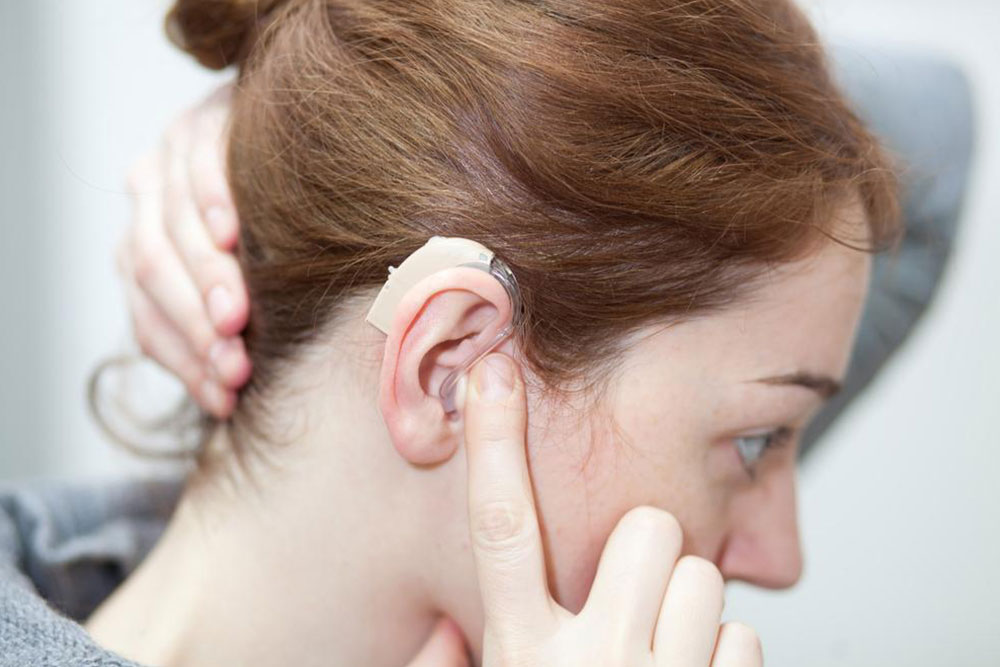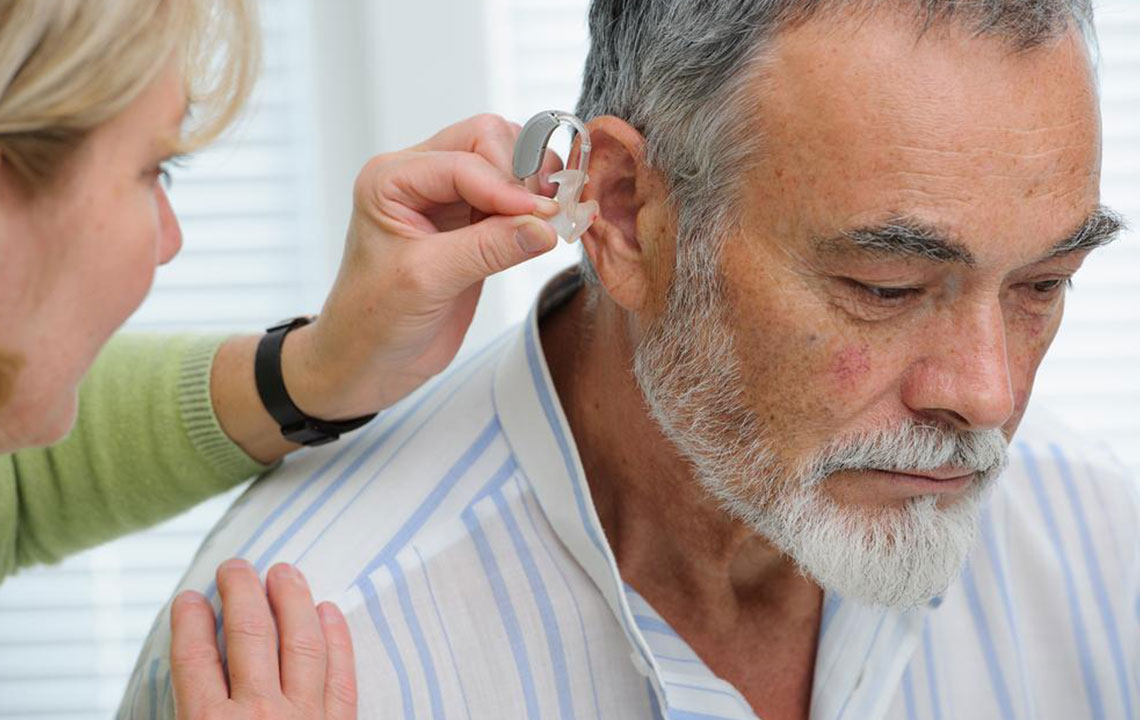Why You Should See an Audiologist and How to Find the Right One
Regular visits to an audiologist are vital for diagnosing and managing hearing issues early. This article covers the benefits of seeing ear specialists, signs indicating the need for consultation, and tips for selecting the best audiologist. Early intervention can prevent complications, improve hearing health, and enhance overall well-being. Learn how to find qualified professionals and the importance of personalized care, telehealth options, and insurance considerations for optimal treatment experience.

The Importance of Visiting an Audiologist and Tips for Choosing the Best Specialist
Hearing difficulties are often linked to aging, but younger individuals can also experience them due to ear infections, health issues, exposure to loud noise, and more. Ignoring these problems can interfere with daily life and lead to serious health risks. Audiologists, or ear specialists, assess and treat hearing impairments and ear conditions. Regular visits to an audiologist can help identify the root causes of hearing loss, prevent complications, and improve quality of life.
Advantages of seeing an audiologist
Routine check-ups and hearing tests offer several benefits:
Discover the cause of hearing issues
While aging naturally affects hearing, other factors like diabetes or high blood pressure can also contribute, even in youth. An audiologist can pinpoint these causes and recommend treatments to restore hearing.
Avoid future health problems
Losing hearing can cause emotional distress including depression and anxiety. Regular examinations enable audiologists to plan effective, minimally invasive treatments to prevent such outcomes.
Enhanced diagnosis and treatment options
General practitioners might miss specific ear issues, but audiologists use advanced tests to monitor hearing changes in real time, ensuring accurate diagnoses and tailored therapy plans.
When should you see an audiologist? If you notice persistent symptoms like:
Difficulty understanding speech or environmental sounds—early intervention can often improve mild losses.
Ear pain or pressure—these can indicate infections or other issues needing prompt attention.
Problems locating sound sources—signs of hearing impairment.
Ongoing listening fatigue—continuous exhaustion from sounds may signal underlying problems.
Additional symptoms such as ringing in ears (tinnitus) or ear discharge—these require professional assessment.
How to choose the right audiologist
Finding a qualified specialist ensures proper diagnosis and effective treatment. Consider these tips:
Seek recommendations from trusted friends, family, or your primary healthcare provider.
Verify credentials and experience through online directories or hospital affiliations; select an expert with a strong success record.
Account for personal comfort and communication preferences; some may prefer a male or female specialist.
Opt for providers offering telehealth options, which enable remote consultations.
Check insurance coverage—understand what services are included and ensure the provider is within your health plan network, focusing on quality care first.
Disclaimer: The information provided here is for educational purposes only. It does not replace professional medical advice. Consult licensed healthcare providers for diagnosis and treatment of ear and hearing issues.










